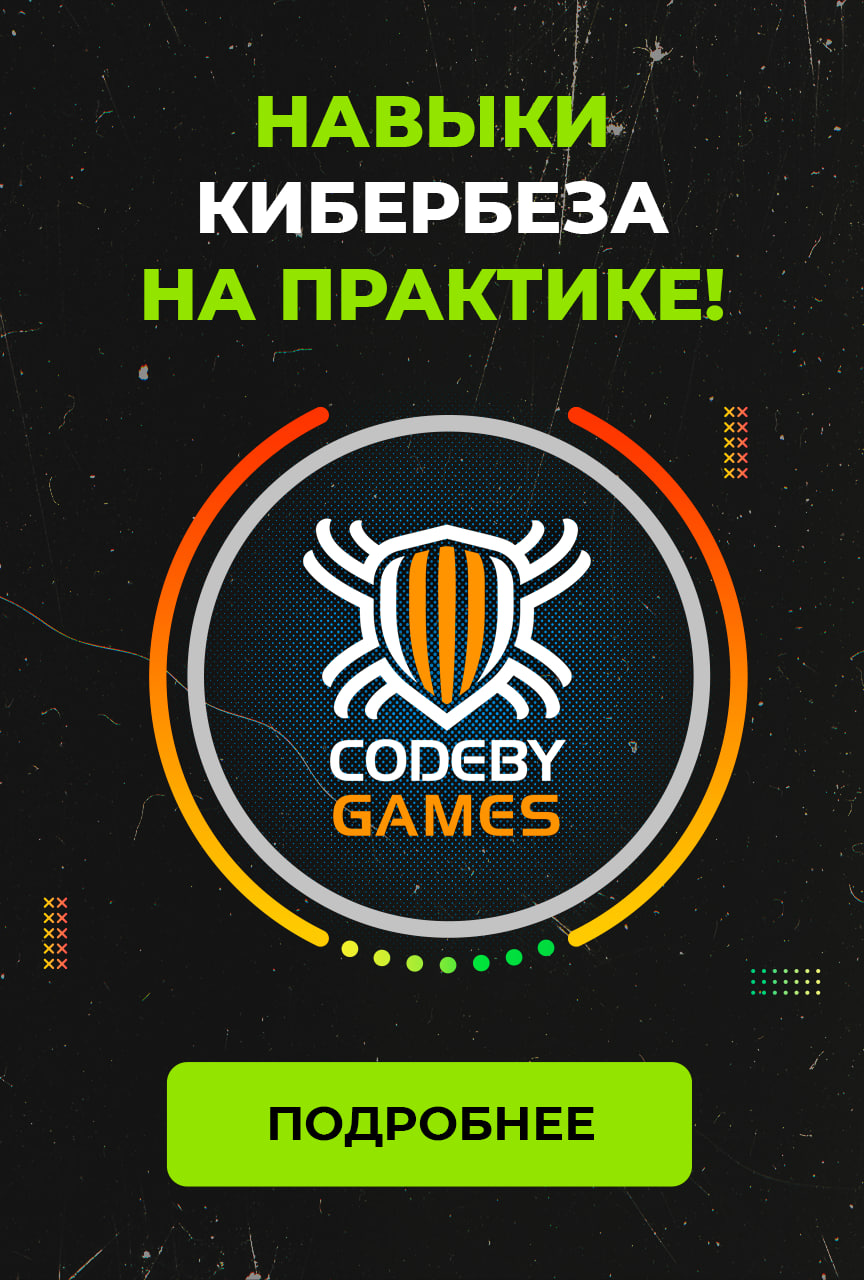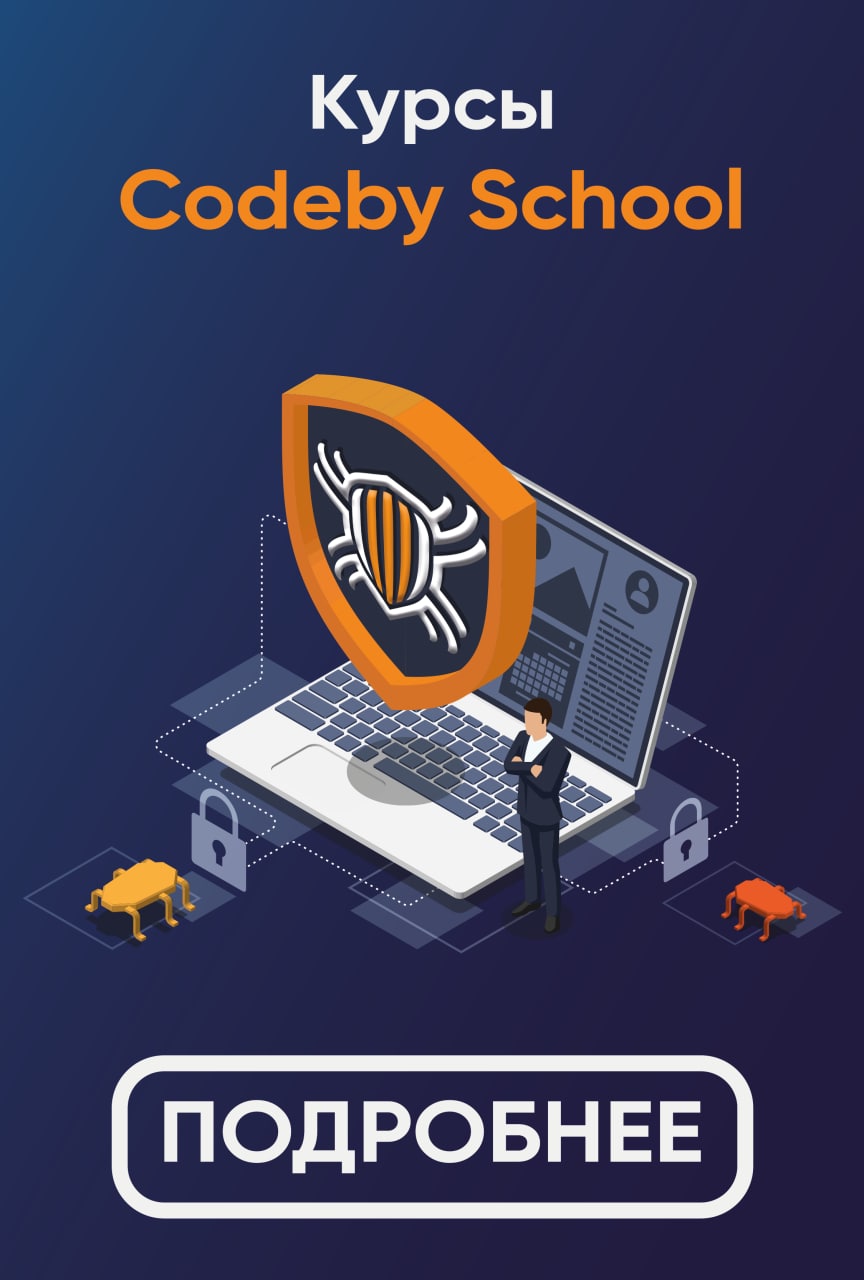Вы используете устаревший браузер. Этот и другие сайты могут отображаться в нем неправильно.
Необходимо обновить браузер или попробовать использовать другой.
Необходимо обновить браузер или попробовать использовать другой.
Наиболее часто встречающиеся леммы
- Автор темы NetWood
- Дата начала
O
Omh
Первое пришедшее в голову:
1. Взять Item.Text
2. Посплитить по пробелу
3. Пройтись по получившемуся аррею, загнать слова в List as Integer, исползуя слово как tag и увеличивая значение на единичку каждый раз при повторной встрече слова.
4. Обработать list
Ограничения: не больше 32 тыщ слов в тексте
Можно не юзать Split, а подумать что-нибудь со стримом, тогда пропадёт ограничение.
1. Взять Item.Text
2. Посплитить по пробелу
3. Пройтись по получившемуся аррею, загнать слова в List as Integer, исползуя слово как tag и увеличивая значение на единичку каждый раз при повторной встрече слова.
4. Обработать list
Ограничения: не больше 32 тыщ слов в тексте
Можно не юзать Split, а подумать что-нибудь со стримом, тогда пропадёт ограничение.
N
nvyush
Кмк, лучше на яве. Возможно, даже готовые решения найдутся. На собаках памяти может не хватить, у ЛС массив может кончиться (хотя можно и списки использовать). А так навскидку, бежим по тексту, добавляем слова в словарь, подсчитываем вхождения, берём 10 наиболее частых. Кстати, а что подразумевается под словом? Форум и форумы — это одно слово или разные?.
NetWood
Lotus Team
- 17.04.2008
- 565
- 96
В общем собаковое решение тоже покатило 
Вот, накрапал. Памяти действительно не хватает на большом объеме текста.
A user is a person who uses a computer or Internet service. A user may have a user account that identifies the user by a username (also user name), screen name (also screenname), or "handle", which is derived from the identical Citizen's Band radio term. To log in to an account, a user is typically required to authenticate himself/herself/itself with a password or other credentials for the purposes of accounting, security, logging, and resource management. For a discussion of user satisfaction, see Computer user satisfaction.
Users are also widely characterized as the class of people that use a system without complete technical expertise required to fully understand the system. In most hacker-related contexts, they are also divided into lusers and power users. Both are terms of degradation, but the latter connotes a "know-it-all" attitude. See also End-user and Nomadic User.
[edit] Semantics
A user account allows one to authenticate to system services. It also generally provides one with the opportunity to be authorized to access them. However, authentication does not automatically imply authorization. Once the user has logged on, the operating system will often use an identifier such as an integer to refer to them, rather than their username. On Unix systems this is called the user identifier or user id.
Computer systems are divided into two groups based on what kind of users they have:
single-user systems do not have a concept of several user accounts
multi-user systems have such a concept, and require users to identify themselves before using the system. | всего 112
<meta name="keywords" content="system, users, systems, computer, account, username, satisfaction, required, identifier, divided, concept, authenticate">
| 12 из 92 для minkey := 2 и слов не менее 5 знаков
Вот, накрапал. Памяти действительно не хватает на большом объеме текста.
Код:
minkey := 4; rem {минимальное скока раз слово встречается};
minword := 5; rem {минимальная длина слова};
znakip := @NewLine:" ":",":":":"!":"-":"_":"<":">":"\"":"?":"(":")":"'":"=":"[":"]":".":"/"; rem {тут основные};
zamena := "#~#":"#~#":"#~#":"#~#":"#~#":"#~#":"#~#":"#~#":"#~#":"#~#":"#~#":"#~#":"#~#":"#~#":"#~#":"#~#":"#~#":"#~#";
temp := @LowerCase(@ReplaceSubstring(@Trim(@Text(Body));znakip;zamena));
list := @Explode(temp;"#~#");
listnum:="1":"2":"3":"4":"5":"6":"7":"8":"9":"0";
narech := "только":"еще":"уже":"очень":"раз":"можно":"после":"сейчас":"тоже":"чтобы"; rem {тут можно добавить еще 1000 значений - Частотный список наречий и предикативов http://dict.ruslang.ru/freq.php?act=show&dic=freq_adv&title=%D7%E0%F1%F2%EE%F2%ED%FB%E9%20%F1%EF%E8%F1%EE%EA%20%ED%E0%F0%E5%F7%E8%E9%20%E8%20%EF%F0%E5%E4%E8%EA%E0%F2%E8%E2%EE%E2};
keywords:=@Transform(list; "xn";@If((@Length(xn)<minword | @Contains(xn;listnum:narech) );@Nothing;xn)); rem {убить текст меньше 5 и все содерж числа};
keywords := @Sort(keywords); rem {это не обязательно};
ukeywords := @Unique(keywords); rem {посечь повторяющиеся, жаль что нет функции !@Unique};
nu :=1; nk :=0;
@DoWhile(
name:=@Subset(@Subset(ukeywords;nu);-1);
key := @Elements(@Keywords( name; keywords ));
@If( key => minkey; @Do(tag := tag : (@Text(key)+"#~#"+name); nk := nk+1); @Nothing);
nu := nu + 1;
nu <= @Elements(ukeywords)
);
tag := @Sort(@Explode(@Implode(tag));[DESCENDING]); REM {убить лишнее пустое вначале tag, сортировать с максимума key, 10 считает < 9};
kw :=@Implode(@Right(tag;"#~#");", ");
kw+" | "+@Text(nk)+" из "+@Text(nu)A user is a person who uses a computer or Internet service. A user may have a user account that identifies the user by a username (also user name), screen name (also screenname), or "handle", which is derived from the identical Citizen's Band radio term. To log in to an account, a user is typically required to authenticate himself/herself/itself with a password or other credentials for the purposes of accounting, security, logging, and resource management. For a discussion of user satisfaction, see Computer user satisfaction.
Users are also widely characterized as the class of people that use a system without complete technical expertise required to fully understand the system. In most hacker-related contexts, they are also divided into lusers and power users. Both are terms of degradation, but the latter connotes a "know-it-all" attitude. See also End-user and Nomadic User.
[edit] Semantics
A user account allows one to authenticate to system services. It also generally provides one with the opportunity to be authorized to access them. However, authentication does not automatically imply authorization. Once the user has logged on, the operating system will often use an identifier such as an integer to refer to them, rather than their username. On Unix systems this is called the user identifier or user id.
Computer systems are divided into two groups based on what kind of users they have:
single-user systems do not have a concept of several user accounts
multi-user systems have such a concept, and require users to identify themselves before using the system. | всего 112
<meta name="keywords" content="system, users, systems, computer, account, username, satisfaction, required, identifier, divided, concept, authenticate">
| 12 из 92 для minkey := 2 и слов не менее 5 знаков
NetWood
Lotus Team
- 17.04.2008
- 565
- 96
По циклу - возможно. Но как по другому? Имеется ввиду массив из всех слов в поле, а не из первых 10. Сначала отрезаем все лишнее, потом проверяем частоту слова (key) в массиве.
Проверял на длинных текстах - памяти не хватает, но и не страшно. В тех доках, что у меня, больших опусов не встречается.
Проверял на длинных текстах - памяти не хватает, но и не страшно. В тех доках, что у меня, больших опусов не встречается.
N
nvyush
NetWood
Lotus Team
- 17.04.2008
- 565
- 96
По словоформам - это отдельная песня. Конечно не различает. Там же 15 строкособак. Если допилите - будет здорово, но для поисковика это не сильно будет важно. Главное - в keywords есть слова которые ДЕЙСТВИТЕЛЬНО встречаются в тексте минимум трижды. Тогда роботы это любят...
Взломай свой первый сервер и прокачай скилл — Начни игру на HackerLab
Похожие темы
- Ответы
- 1
- Просмотры
- 2 тыс.
- Ответы
- 0
- Просмотры
- 995
- Ответы
- 0
- Просмотры
- 2 тыс.
- Статья
- Ответы
- 0
- Просмотры
- 1 тыс.
Поделиться:






